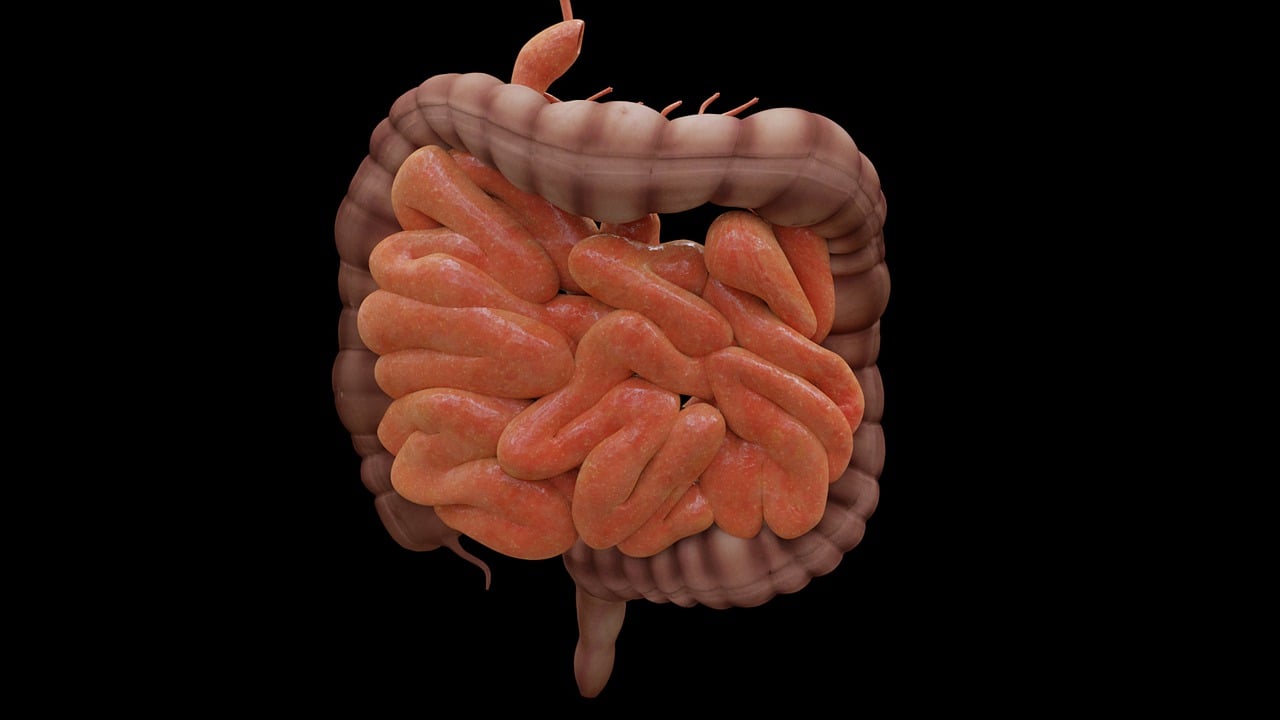In the beloved classic, "The Wizard of Oz," the Tin Man yearns for a heart, embarking on a journey to find the Wizard who he believes can grant him this wish. Along the way, he, along with the Scarecrow and the Lion, discovers that he already possesses the very thing he seeks. Similarly, a healthy heart is within our reach. By making conscious choices about our lifestyle and diet, we can significantly influence our cardiovascular well-being. While initial changes may require effort and dedication, the long-term benefits of a healthy heart far outweigh the challenges. This article provides practical strategies for achieving and maintaining a healthy heart, focusing on actionable steps you can take today.
Weight Management and Calorie Control
One of the first steps toward a healthier heart is weight management. Maintaining a healthy weight for your height and age is crucial for reducing stress on the cardiovascular system. Excess weight, particularly around the waistline, places extra strain on the heart and increases the risk of heart disease.1 Determining your recommended calorie intake based on your individual needs is essential for effective weight management. Gradual dietary changes are more sustainable and beneficial in the long run than drastic diets, which can have adverse effects on your health. Aim for a steady and consistent weight loss approach that focuses on long-term lifestyle changes rather than quick fixes. This approach promotes healthy weight loss and makes it more likely that you'll maintain your progress.
Nutrient-Dense Foods and Heart-Healthy Vitamins
Choosing nutrient-dense foods is paramount for supporting heart health. Prioritize foods that provide a wealth of vitamins, minerals, and fiber while being relatively low in calories. Fruits and vegetables are excellent sources of these essential nutrients. Specific heart vitamins, such as vitamin D and folic acid (a B vitamin), play crucial roles in cardiovascular function. Vitamin D contributes to maintaining healthy blood pressure and reducing inflammation, while folic acid helps regulate homocysteine levels, an amino acid linked to heart disease risk.2 Incorporating foods rich in these vitamins, or considering a cardio supplement under the guidance of a healthcare professional, can further support heart health. A balanced diet incorporating a variety of food groups will ensure you obtain a wide spectrum of essential nutrients.
The Power of Omega-3s and Healthy Fats
Including fatty fish, such as salmon, tuna, and mackerel, in your diet at least twice a week is highly recommended for heart health. These fish are rich in omega-3 fatty acids, which have been extensively studied for their cardiovascular benefits. Omega-3s help regulate cholesterol and triglyceride levels, reduce blood pressure, and decrease the risk of blood clots.3 For those who find it challenging to consume fatty fish regularly, omega-3 supplements offer a convenient alternative. Consulting with your physician about the appropriate dosage and type of omega-3 supplement is recommended. Choosing lean protein sources, healthy fats (like those found in avocados, nuts, and olive oil), and whole grains further contributes to a heart-healthy diet. Limiting saturated and trans fats is essential, as these types of fats can raise cholesterol levels and increase the risk of heart disease.
Lifestyle Modifications for a Stronger Heart
Certain lifestyle choices can significantly impact heart health. Smoking and excessive alcohol consumption are detrimental to cardiovascular well-being and should be avoided. Regular physical activity is a cornerstone of heart health. Aim for at least 30 minutes of moderate-intensity exercise most days of the week. Activities like brisk walking, jogging, swimming, cycling, or dancing are excellent choices. Exercise strengthens the heart muscle, improves circulation, and helps maintain a healthy weight.4 If you have any pre-existing medical conditions, it's crucial to consult with your doctor before starting a new exercise program. Managing stress is also important for heart health. Chronic stress can contribute to high blood pressure and other cardiovascular problems. Incorporating stress-reducing techniques such as meditation, yoga, or spending time in nature can positively impact your heart health.
Targeted nutritional support can further enhance heart health. Certain nutrients, such as CoQ10 and phytosterols, offer specific benefits for cardiovascular function. CoQ10 plays a vital role in cellular energy production, particularly in the heart muscle. Phytosterols, plant-derived compounds, help lower cholesterol levels by blocking its absorption in the digestive tract.5 These nutrients, often found in cardio supplements, can complement a healthy diet and lifestyle to support optimal heart health. By implementing these lifestyle and dietary changes, and considering targeted nutritional support, you can take proactive steps toward achieving and maintaining a healthy heart. Remember that consistency is key, and even small changes can make a significant difference in your long-term cardiovascular well-being.
1 National Heart, Lung, and Blood Institute (NHLBI). (n.d.). *Overweight and obesity*. Retrieved from NHLBI website.
2 U.S. Department of Health and Human Services. (n.d.). *Folic acid*. Retrieved from NIH Office of Dietary Supplements website.
3 Harris, W. S., Miller, M., Tighe, A. P., Davidson, M. H., & Schaefer, E. J. (2008). Omega-3 fatty acids and coronary heart disease risk: clinical and mechanistic perspectives. *Atherosclerosis*, *197*(1), 12-24.
4 American Heart Association (AHA). (n.d.). *Physical activity improves quality of life*. Retrieved from AHA website.
5 Grundy, S. M., Cleeman, J. I., Merz, C. N. B., Brewer Jr, H. B., Eckel, R. H., Franklin, B. A., ... & Spertus, J. A. (2004). Implications of recent clinical trials for the National Cholesterol Education Program Adult Treatment Panel III guidelines. *Circulation*, *110*(2), 227-239.













